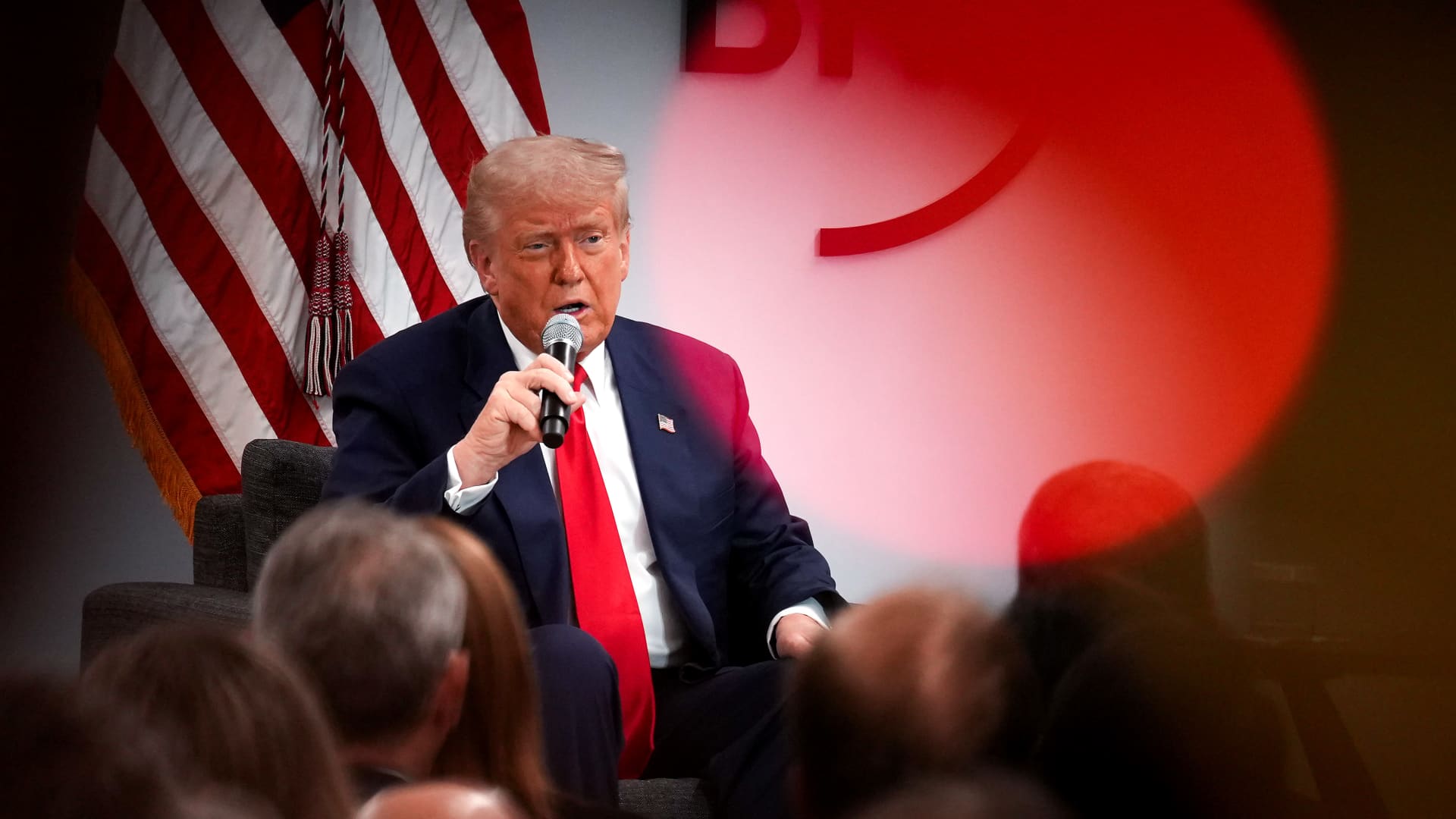Betrayed by Billions: How Trump's Policies Are Turning Corporate Donors' Dreams into Nightmares

In a surprising turn of events, major corporations are once again extending financial support to Donald Trump's political endeavors, despite the turbulent landscape of recent years. Industry giants like Target, McDonald's, and Delta have stepped forward with donations to Trump's inaugural committee, marking a significant shift from their cautious stance during the previous two election cycles.
This renewed corporate backing comes with a complex backdrop of potential business repercussions. Trump's recent political maneuvers and controversial statements have created significant challenges for these companies, forcing them to navigate a delicate balance between financial support and potential public backlash.
The decision to donate signals a strategic recalibration by these corporations, who are weighing the potential political and economic implications of their support. However, their contributions have not come without consequences, as Trump's polarizing influence continues to create ripple effects across various industries and corporate strategies.
As these companies reassess their political engagement, the landscape of corporate political donations remains as dynamic and unpredictable as ever, reflecting the ongoing tension between business interests and political allegiances.
